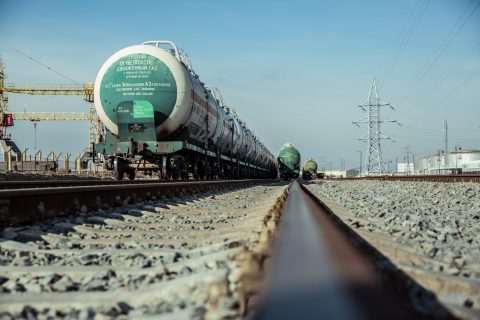RZD and Fesco bring China-Russia rail transit down to 5 days

FESCO and Russian Railways (RZD) have signed an agreement to accelerate the delivery of cars and postal goods between Russia and China. The service will connect Moscow and Manzhouli in both directions, with a maximum expected delivery time of 5 days. The service is scheduled to operate twice per week.
The new joint service between the two parties is called RailJet, and it was signed on 1 June. Dmitry Murev, CEO of RZD Logistics, explained that this new service could serve as an alternative to air freight, considering factors such as timeliness and cost balance. The current transit time from Manzhouli to Moscow is around 7-8 days, but with this new service, the time could be reduced by at least 25 per cent. The service will primarily be used for transporting cars and e-commerce products, highlighting the demand from the Russian market and the current Chinese trade policy.
Car demand
Due to sanctions, the Russian car market is experiencing a supply shortage caused by the absence of Western car manufacturers. Chinese car manufacturers have taken advantage of this situation. Data shows that in March, Chinese brands accounted for around 40 per cent of new car sales in Russia. In addition to traditional cars, FESCO has also announced that this new service will be available for goods containing Li-Ion (lithium-ion) batteries. Therefore, Chinese new electric vehicles could also utilise this service.
E-commerce
In terms of policy, cross-border e-commerce has been another major focus in this year’s Chinese international trade business. The combination of railway transportation and e-commerce products will receive further subsidies according to different governmental policies. For example, the northeastern city of Harbin announced in February a policy that encourages cross-border e-commerce enterprises with compensation of up to 4 million Yuan (525,000 euros). An additional subsidy is applicable once the product is transported via rail, starting from 500 US dollars per 20-foot container. A more efficient new service for these highly time-sensitive products should be another piece of good news.
Also read:




